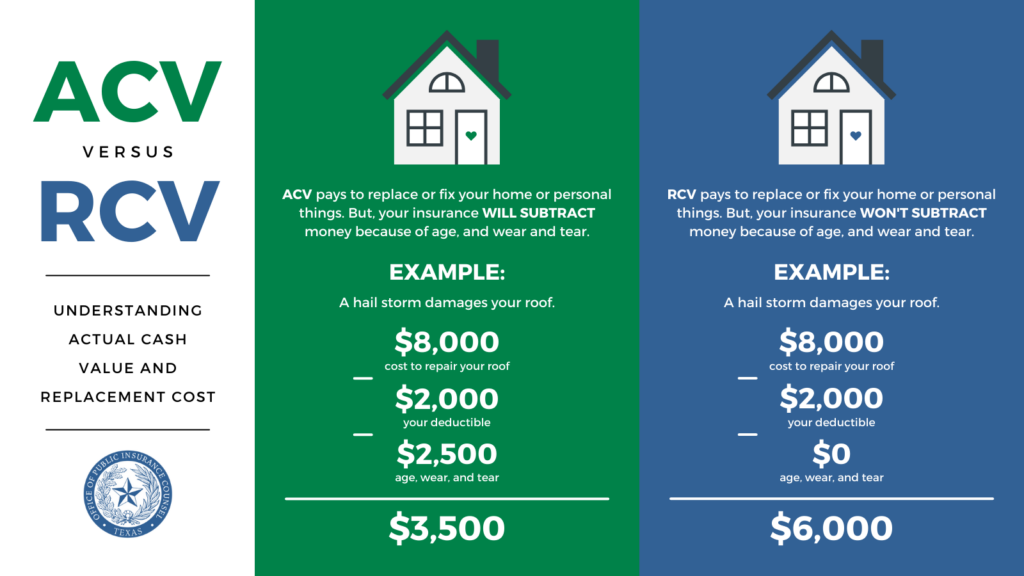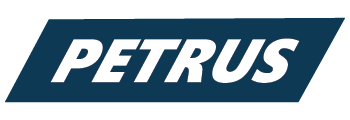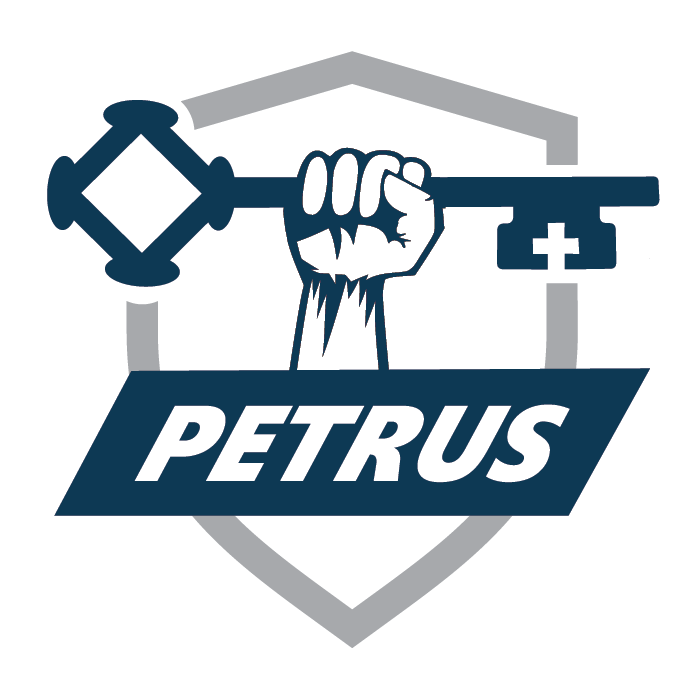This is not meant to be any sort of legal advice or insurance policy advice. You should pull out your homeowners policy and maybe even call your agent before you have any problems. You’ve heard “Knowledge is power”, but when it comes to insurance, “Education is Armor” against being taken advantage of. Read below to find out more.
Insurance Types and Products
Insurance is meant to protect our families or our assets from the unforeseen and unpredictable future. Life insurance pays out to your spouse and children if you die, protecting them from poverty. If you’ve ever heard of the Knights of Columbus, it was started over 140 years ago to provide for widows and orphans if the husband died in the factory. But there are a lot of confusing financial products in the category of life insurance, such as term life, whole life, etc. You have to navigate all of this and it can feel tedious.
Homeowners insurance is like life insurance. It can get confusing, so let me explain.
Your roof may cost $20,000 to replace when it hits the 20-25 year lifespan for the asphalt shingles. That’s a lot of money! So you get insurance to cover the replacement cost in case a couple years after your new roof was installed a hailstorm comes down like a wrecking ball and totals it. This is a protection against the unpredictable.
I know homeowners who get near the end of their roof life and ask for an inspection, only to be disappointed there is nothing wrong. They hoped hail or wind damage would mean their homeowners policy would cover the Replacement Cost Value (RCV) of the roof and they wouldn’t have to pay out of pocket. That’s totally understandable, especially if you have been a faithfully-paying customer to the insurance company.
Honesty Matters with Inspection Reports
Our free inspections report the truth of the situation. We present the facts on the condition of the roof with nothing false added. We do not exaggerate claims, falsify data, or misrepresent what we see and know. Insurance companies will send their own adjustors, anyways, to make their evaluations. After all, these companies know roofers would love to always find enough damage to warrant a whole roof replacement.
Working with insurance companies is hard work. Some are great and some are soulless bureaucracies who “deny, delay, and defend“, hurting the homeowner. This is why we believe in ethical roofing because our credibility with homeowners requires workability with insurance adjustors and agents. Saying we are on the level and letting our actions follow our words means we build a reputation with insurance companies that we are rational and fair to work with, which helps us get more done on behalf of the homeowner.
When a significant storm event hits your area, a lot of homes will be damaged and filing claims to their agent. A hailstorm or hurricane is an “Act of God”. Humans are not liable for such events. Liability car insurance covers the damage a person might inflict on others because they were texting while driving or some other negligent behavior. Their premiums increase because their poor decisions resulted costly accidents.
This is not exactly how homeowners insurance works. Too many homeowners are scared to file a claim because they fear their premiums will go up and it is already expensive in Houston. The reality is that after many major storm events everyone’s policy might go up because the area is seen as increasing in risk to the insurance company.
If your policy is going to increase, you might as well get a new roof out of it!
So pull out your policy, blow the dust off of it, and look for the section on your roof to see if it says “Replacement Cost Value” or RCV. It may say instead “Actual Cost Value” or ACV. The differences are important and can differ by thousands of dollars.
Residential Insurance: RCV and ACV
Here’s an excerpt from the Texas Office of Public Insurance Council on the matter.
“Actual Cash Value (ACV): ACV is the amount to replace or fix your home and personal items, minus depreciation. Depreciation is a decrease in value based on things like age, or wear and tear.”
“Replacement Cost Value (RCV): RCV is the amount to replace or fix your home and personal items. Even if you purchased coverages that pay RCV, some types of property may only be paid at ACV. These may include:
- Roofs
- Other building property – appliances, wood fences, structures that are not buildings, awnings, carpeting, outdoor antennas and equipment; and
- Personal property – antiques, collectibles, memorabilia, items that cannot be replaced, and obsolete property that is stored or not being used.”


